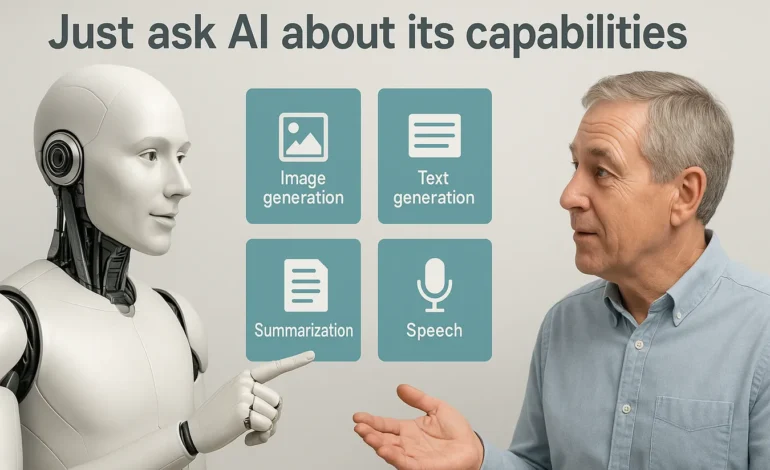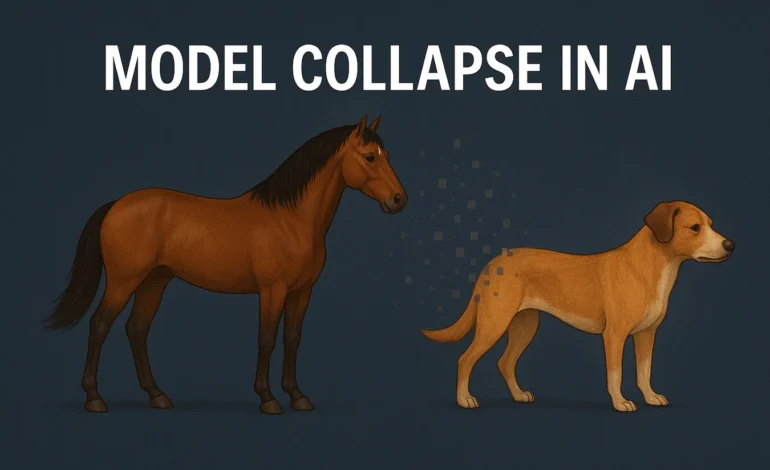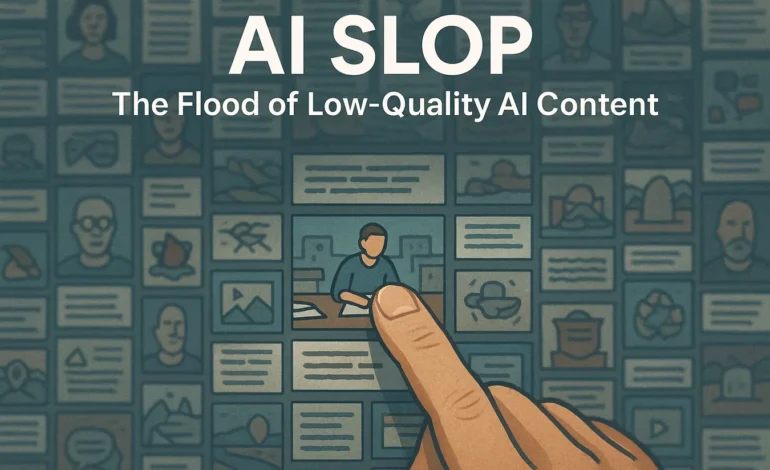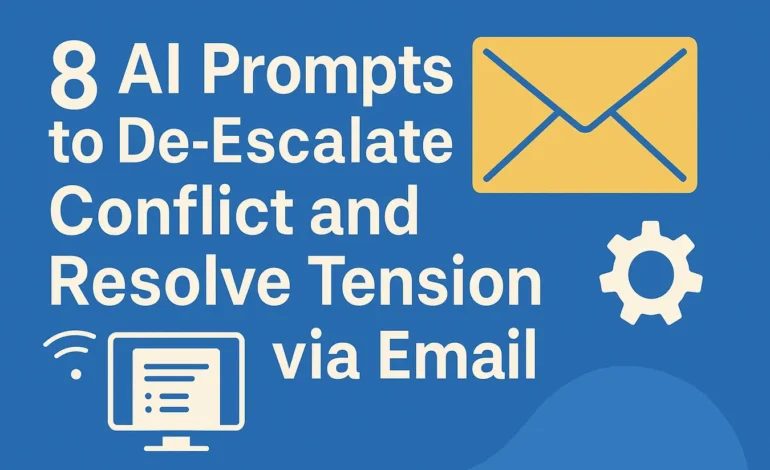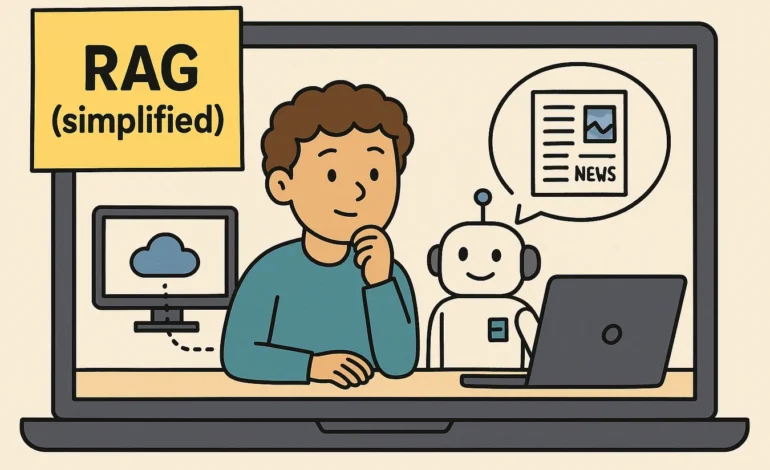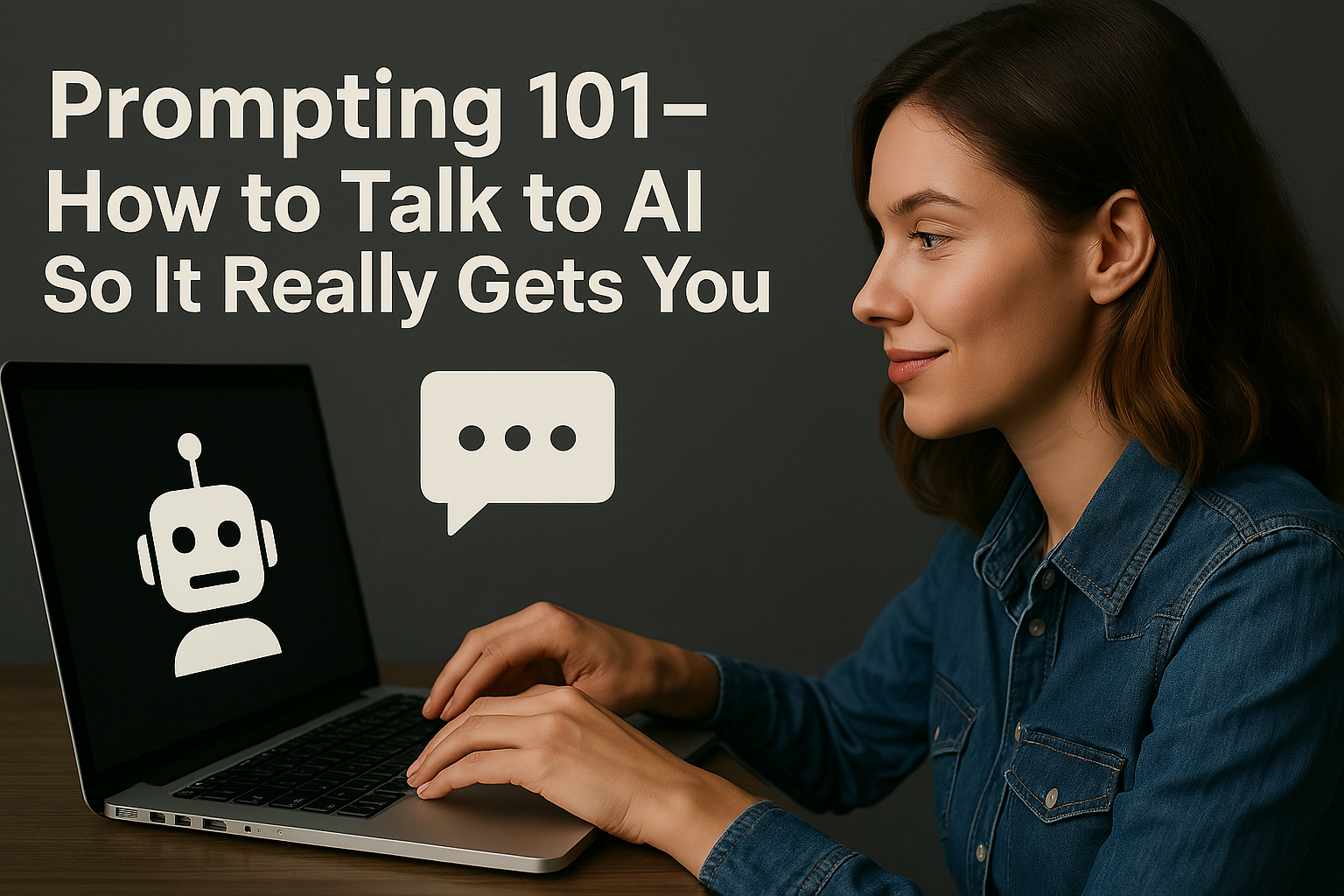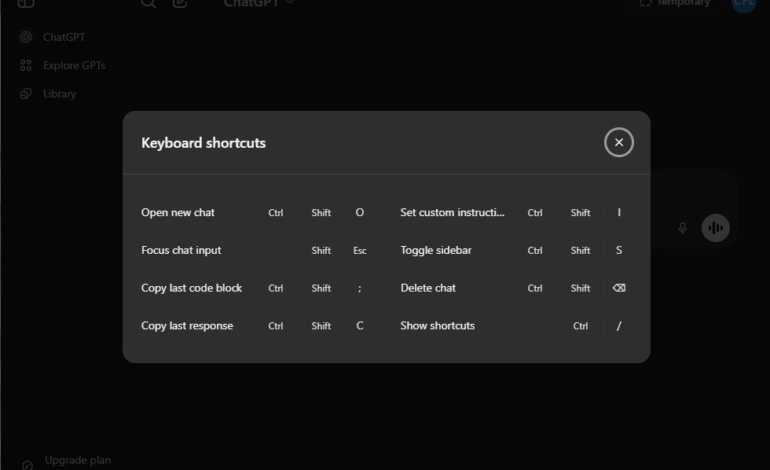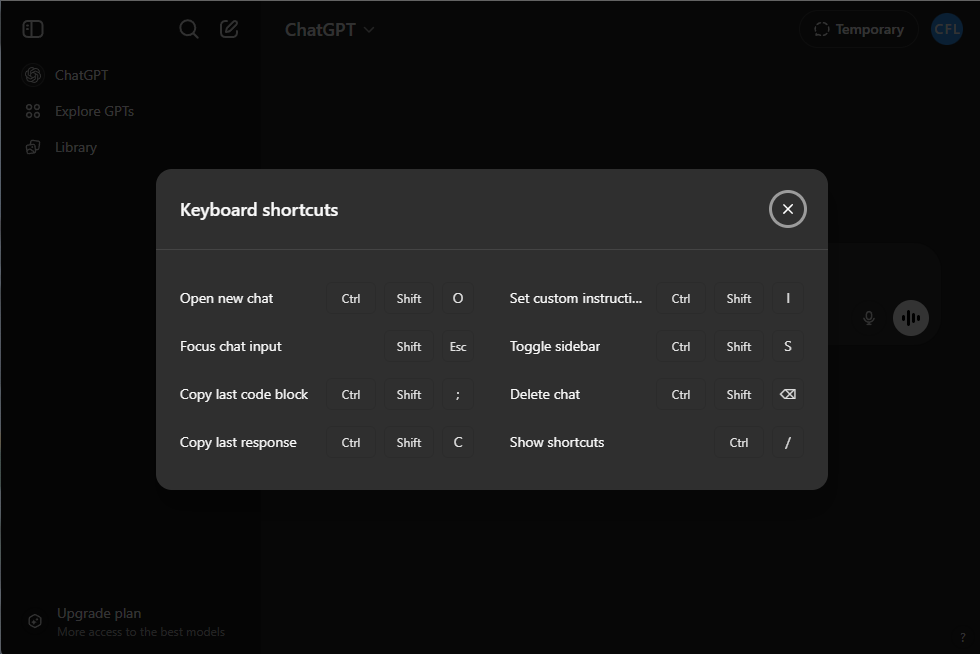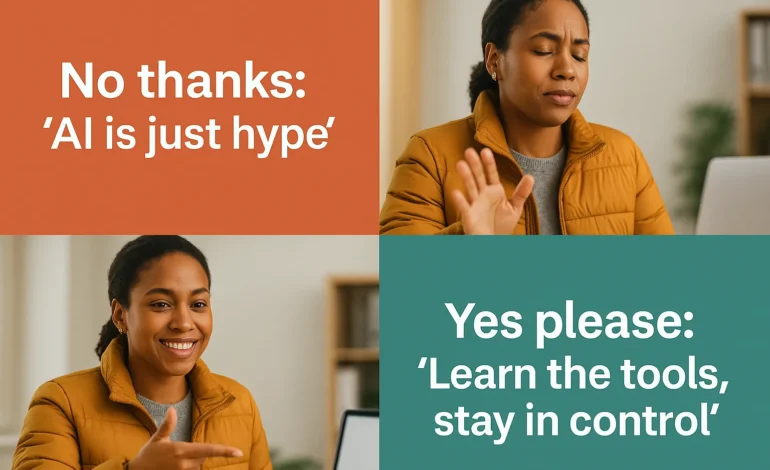
Why You Should Care About AI: Beyond the Buzzword
Why You Should Care About AI: Beyond the Buzzword
- AI automates cognitive tasks like writing and analysis, fundamentally shifting career requirements across many teams.
- Understanding AI’s mechanism allows users to spot its subtle influence in feeds, ads, and financial advice, leading to better decisions.
- The focus for personal development shifts from competing with AI to mastering collaboration and ethical tool management.
Why This Matters Now
Artificial Intelligence (AI) is no longer a futuristic concept; it has quietly become the operating system of the modern world. Its influence extends from personalized digital recommendations to the complex algorithms managing global logistics and medical diagnosis. This fundamental change in technology is rapidly restructuring both industries and daily life, yet for many, the core functionality of AI remains abstract.
This is not merely a technological shift; it is an economic and cognitive one. The primary goal of understanding AI today is not to appreciate its theoretical capabilities, but to recognize its immediate impact on personal career resilience and civic life. The future belongs not just to those who build the algorithms, but to those who skillfully master their application and audit their output.
What Changes Today: The Shift to Cognitive Automation
The earliest waves of automation replaced muscle; today’s AI automates the mind. This distinction is critical because it moves the impact from the factory floor directly into the white-collar knowledge economy. Everyday Life: Systems managing online shopping experiences, from how services like Amazon recommend the next product to how Netflix curates viewing lists, are driven by massive machine learning algorithms analyzing billions of user data points in real-time. Even a smartphone utilizes AI for advanced computational photography and voice recognition.
The most significant disruption is felt in the Workplace: AI automates repetitive cognitive tasks, such as initial data synthesis, email transcription, and basic code generation, freeing up employees for higher-value creativity and strategy. This capacity for automation is increasingly proficient in specialized domains:
- Legal Review: Analyzing hundreds of contract clauses in minutes.
- Data Analysis: Identifying non-obvious correlations in complex financial datasets.
- Content Creation: Generating first drafts for marketing campaigns.
- Customer Support: Handling routine queries 24/7 via sophisticated chatbots.
How to Adapt: Personal Resilience and Strategic Advantage
Understanding AI is a crucial investment in career stability and personal ROI. The goal is no longer to compete with AI, but to collaborate with it, turning the tools into a competitive advantage. This adaptation relies on developing three core competencies. Mastering Collaboration: Roles that leverage AI tools are generally higher paid and more resilient to future automation; knowing how to audit AI’s output and integrate it into complex workflows is paramount. Making Informed Decisions: Understanding AI helps spot its pervasive influence—from politically targeted ads and curated news feeds to personalized financial recommendations—empowering smarter choices. Focusing on the Non-Automatable: The future workplace demands skills that AI cannot replicate, such as emotional intelligence, ethical judgment, and cross-disciplinary thinking.
Closing Thoughts and The Next Step
AI will not replace humans, but humans who use AI will replace those who do not. By learning about its strengths, biases, and limitations, you move from being a passive recipient of the technology to an active participant in the conversation. This continuous learning is the best hedge against future disruption and the surest path to professional resilience. Ready to go deeper? Start with What is an LLM? and explore AI Reasoning.
FAQ: Getting practical with AI
Q: Muss ich programmieren können?
A: Nein. Starte mit Workflows, Prompting, Quellenkritik und Datenschutz-Basics; Technik kann später folgen.
Q: Wie reduziere ich Halluzinationen?
A: Nutze Retrieval (RAG) oder fordere Quellen an. Verlange explizite Annahmen und 1–2 Gegenargumente.
Q: Welche Skills zahlen sich am schnellsten aus?
A: Klares Prompting, Prozessdesign (Input → Prüfung → Output) und Quellenkritik.
Conclusion: A world shaped by AI
Wer KI versteht, trifft bessere Entscheidungen, arbeitet effizienter und kann die Technologie verantwortungsvoll mitgestalten. Der beste Zeitpunkt zu starten ist jetzt – mit kleinen, wiederholbaren Workflows.
Ready to go deeper? Start with What is an LLM?, explore AI Reasoning and learn how RAG helps reduce hallucinations.


